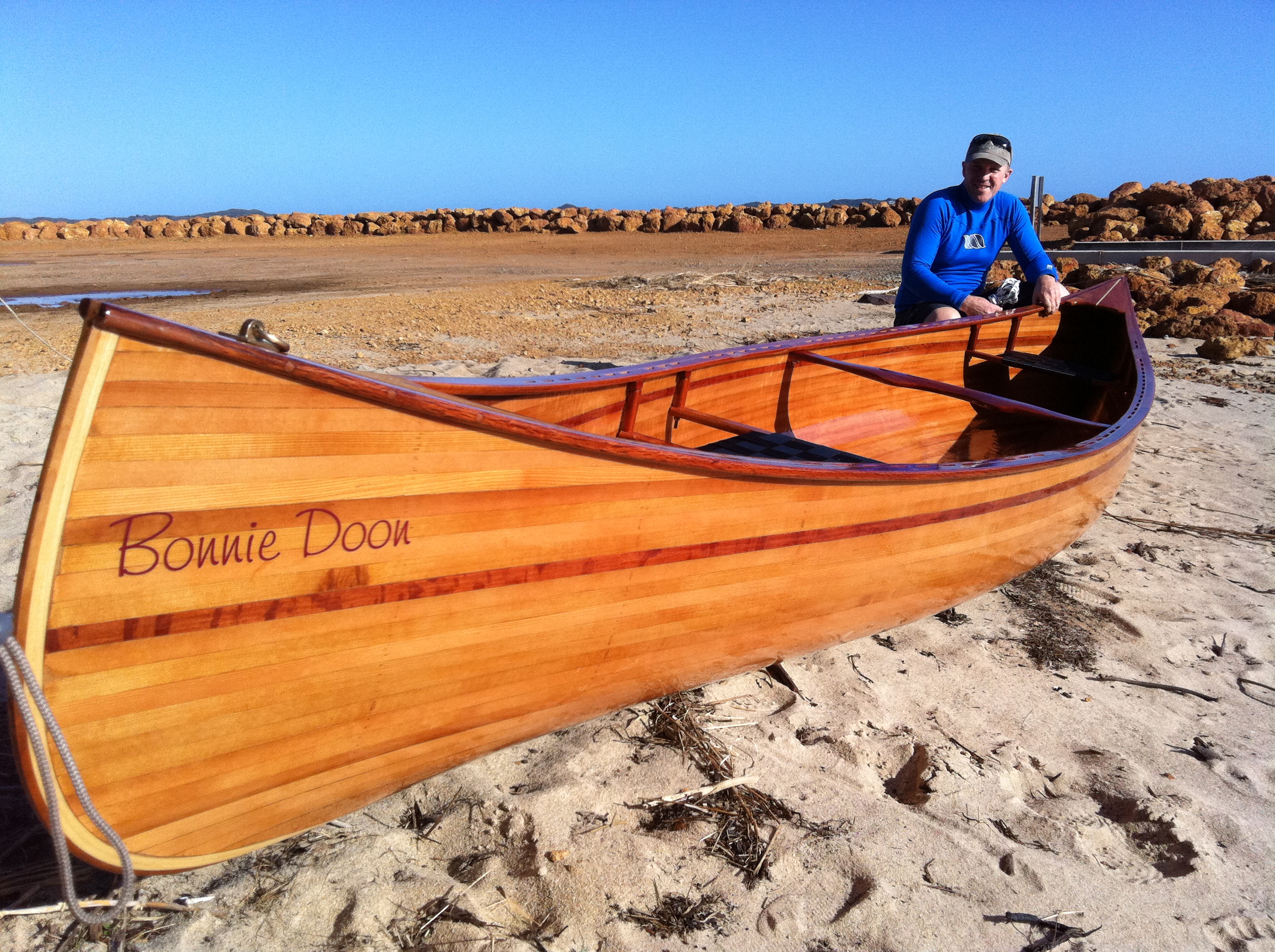I had a meeting yesterday with some friends about a potential connection between a remote community in the North West and their church in Perth. One of the questions asked was ‘Why?”
I think it needs to be asked.
One of my passions is this very idea of communities connecting with other communities for a reciprocal benefit. A kind of partnership if you like. Most of white Australia’s history with the ‘First Australians’ has been pretty one sided, even recent history – think ‘N.T. intervention’! My passion would be to build relationship between communities for mutual benefit.
What benefit is there for me in having a relationship with some remote community in the Kimberley or a Noongar community right here in Perth? More than there is for them I would suggest! I actually think white man has gone into Aboriginal communities throughout our history with our own agenda of sorts. Mostly a one sided agenda – be it to teach, tell, take or … take over! Very few times do I hear stories of white man going into relationship with an indigenous Aussie or community to listen, learn, and love. I think one of the key reasons I have been rather apathetic in my own relationships and interactions with our first Australians has been largely due to fear of offense (due to my ignorance) rather than any form of racism, although I am not claiming innocence here! Why do people walk across to the other side of the road if they see a dark aboriginal man walking towards them? Racism? Maybe, but my guess is that these days there are many who would not count themselves as racist, they wept when the apology was spoken, they were appalled when the army stormed the N.T. remote communities without due consultation. But these same people when confronted with an aboriginal just don’t quite know what to do. They don’t want to offend culture, they don’t want to embarrass themselves, they are just stuck in ignorance so they walk away.
I know a few aboriginal people, in fact I am related to one. And I would suggest on the whole these great people might want to offer white Australians a gift. A gift of education and relationship. If us white fellas took time and effort to know a bit more about culture, about country about language, history, story and song – if we just knew a bit more we would be less ignorant and therefor less fearful and more willing to engage.
My passion would be to link willing aboriginal people and communities with willing non-indigenous Aussies and communities and humbly ask the indigenous people, “Are you willing to teach us about your people, your culture, your country, your history”, and where appropriate, “your dreaming, your songs?” I used the word “Mission” in my meeting yesterday and one of the people froze up and became a little agitated. “Let me explain” I said. I suggested that traditionally “mission” has been about proselytism, primarily about “evangelizing the heathen”. I suggested my opinion was that mission was as much about us as it was “them” (whoever the “them” may be). That our mission as believers was primarily about seeing where God was already at work among people and all of creation, then once identified, going and joining Him in His work. This to me is about Kingdom. Seeing opportunities for peace, reconciliation, restoration and relationship – the things of the Kingdom – and working with the Spirit in these things.
I asked my cousin about some of these things and she said for a start I should watch some movies and read some books. Here is a list of some of her recommendations, added to them are some others I have read or had recommended ;
Movies and Documentaries-
10 Canoes
The First Australians SBS Series.
Yolngu Boy
Coolbaroo Club
Ranyini
Bran Nue Day
Why Me? Stories of The Stolen Genneration
Liyarn Ngarn
Books
Two Men Dreaming
An Aboriginal Mother Tells of The Old and The New – Labumore
The Tall Man – Chloe Hooper
Voices of Aboriginal Australia – Moores
The World of The First Australians – Berndt
The lamb enters the dreaming: Nathaniel Pepper and the ruptured world – Kenny
Blood, spirit and bones: Aboriginal Christianity in an East-Kimberley town
I guess aprt from reading books and watching movies, what has helped more than anything else has been sitting with people who are Australian Aboriginal and asking questions and listening… and listening…


 On the 19th November 2004, Cameron Doomadgee swore at a police officer. The 36-year-old aboriginal resident of Palm Island off the coast of Queensland near Townsville was arrested by Christopher Hurley and 40 minutes later was found dead in a cell of the local police station.
On the 19th November 2004, Cameron Doomadgee swore at a police officer. The 36-year-old aboriginal resident of Palm Island off the coast of Queensland near Townsville was arrested by Christopher Hurley and 40 minutes later was found dead in a cell of the local police station.
You must be logged in to post a comment.